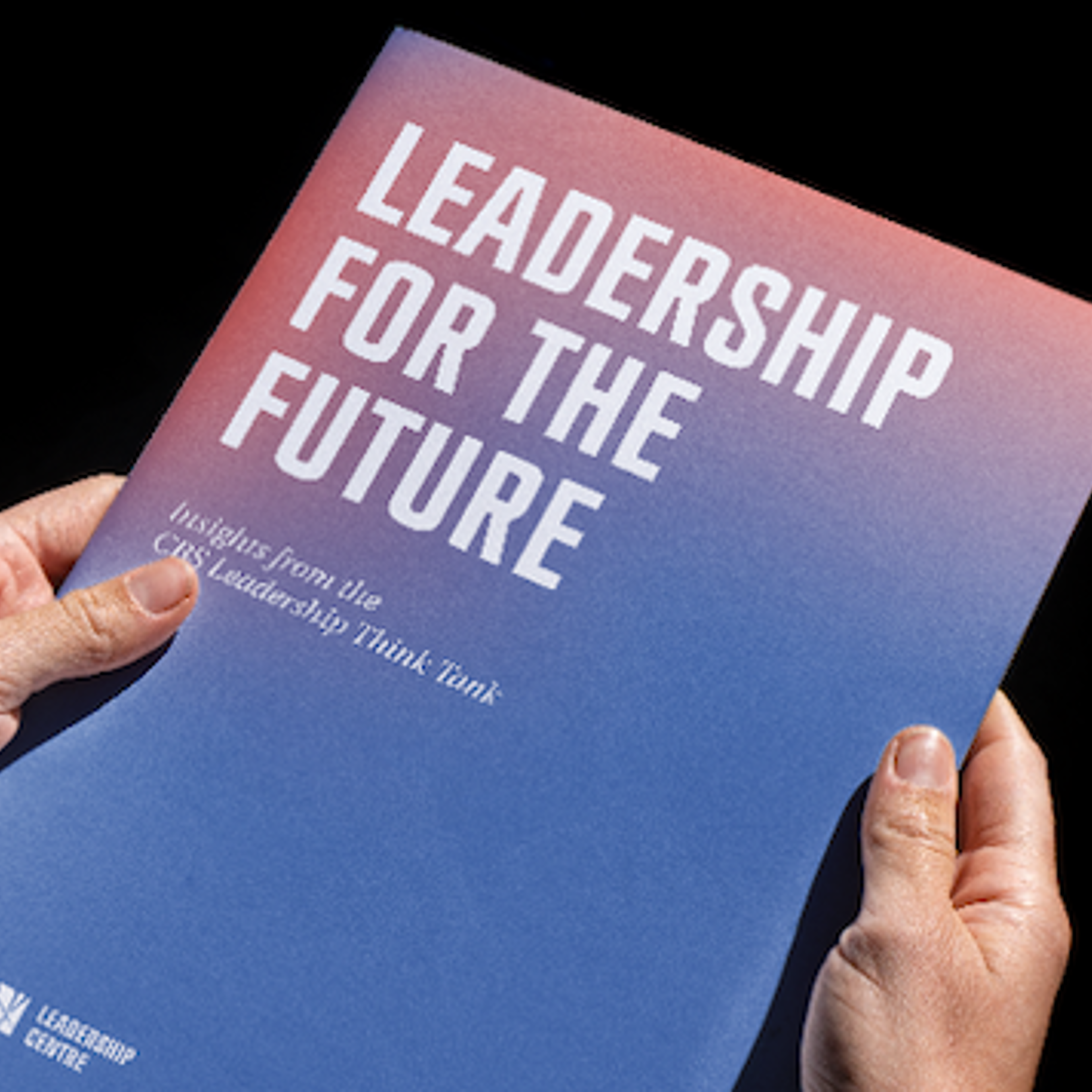Let us take a 100-year journey that describes the view of leadership:
At the beginning of the 20th century, good leadership was seen as an innate ability or personality that ‘great men’ in particular were endowed with. The focus was on the leader's effectiveness, which was explained on the basis of individual differences. The question was: Who is the good leader?
Later, in the 1920-40s, there was a greater focus on the leader's actions and behaviour. The question was: What does a good leader do? Studies from the US point to two dimensions of leadership behaviour: task orientation and relationship orientation. However, it was difficult to find the ideal approach to these two dimensions.
Instead, there was an awareness that the ideal approach is equally dependent on the context, and so the theory of situational leadership emerged, which suggests that the ideal leadership behaviour is dependent on the maturity of the group being led. The challenge with this approach is that it is difficult to categorise which factors are the most important from a research perspective. Yet, to this day, you can still see how inspiring the situational leadership approach is.
However, this approach does not stand alone. In the late 1970s, there was a paradigm shift in leadership research. The focus became transformational leadership, where leadership was seen as an emotional relationship.
Up until the start of the millennium, the focus was on the leader as a person. In this new millennium, there has been a paradigm shift again, where attention has been directed towards a more fluid understanding of leadership. Process, relationships and leadership are seen as fluid, happening between people in a specific context, working together towards a specific goal. Working life has become more oriented towards teamwork and shared leadership, and with the new generations on the labour market having a completely different approach to working life and leadership, it is important to keep up with this development, according to two participants from the Master of Business Development (MBD): Director Anna Bjerre from the organisation GirlTalk, and Majbritt Bay, who was deputy manager at GirlTalk and is now chief consultant at the Institute for Relationship Psychology.




